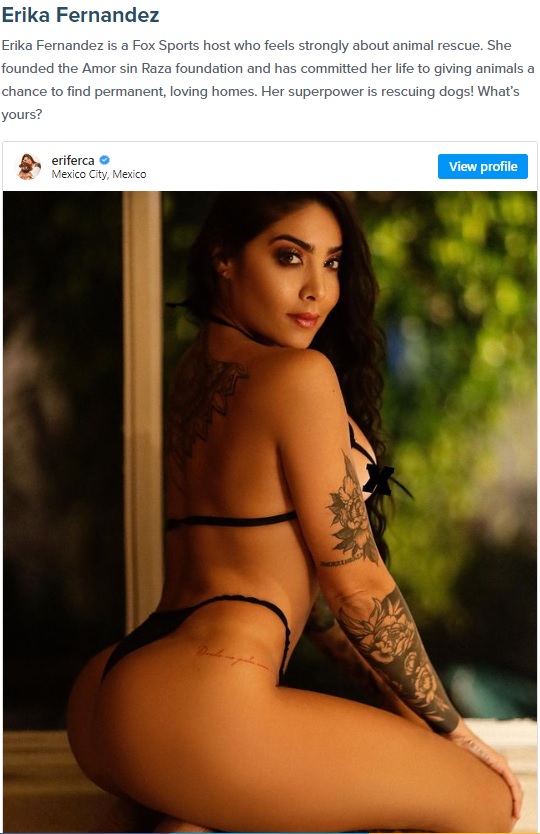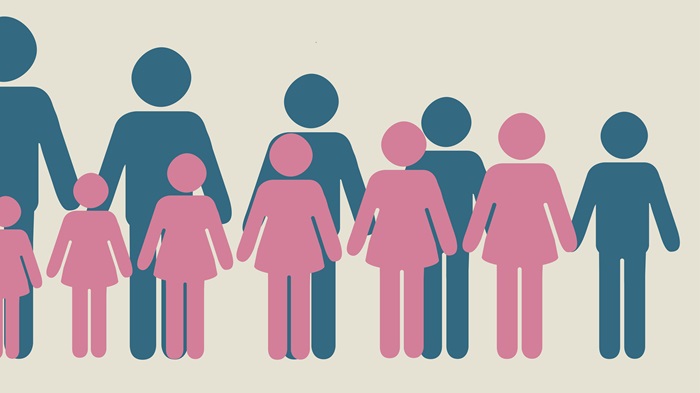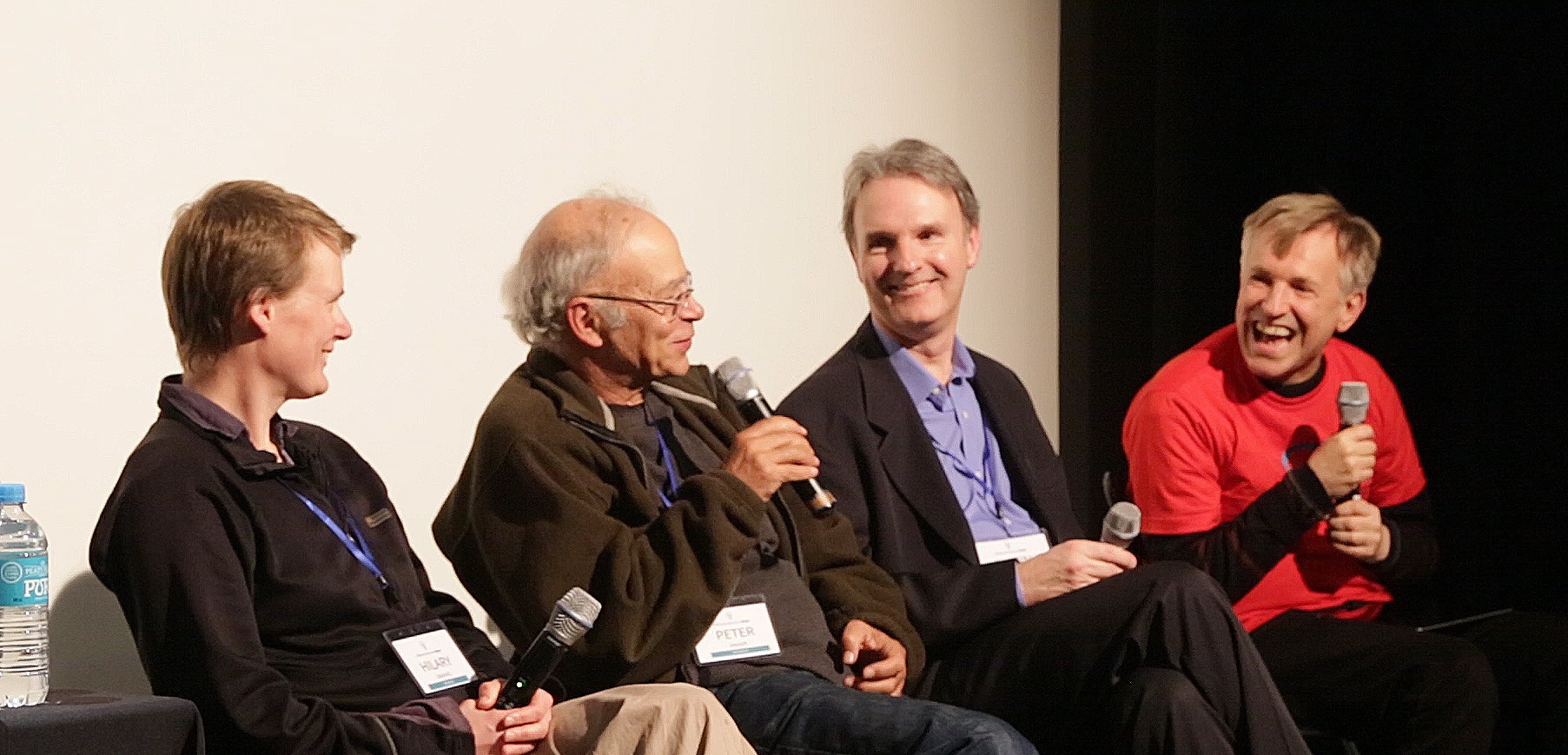
Each March 8th, People for the Ethical Treatment of Animals (the world’s largest Nonhuman Animal rights organization) appropriates International Women’s Day to spotlight its sexist campaigning. Given persistent issues with gender inequality in the animal rights movement, this appropriation is not just disappointing, but dangerous.
Consider one 2013 blog post that encourages readers to “Celebrate International Women’s Day With the Strong, Powerful Women of PETA.” The blog author must have bent over backward to identify the few PETA print campaigns that do not sexualize women activists. While the effort is admirable, the blog post nonetheless diminishes its selected activists as “brazen beauties” and also spotlights a number of PETA’s pornographic celebrity campaigns. One chosen image depicts Pamela Anderson, an icon of the sex industry, in a promiscuous position and sexualized expression (Figure 1). Another depicts talk show host Wendy Williams completely nude in a similarly sexualized position (Figure 2). PETA seems to suggest that “strong” and “powerful” women are those who are sexually available and objectified for the male gaze.
It’s “Girl power!” PETA exclaims.
Ten years later, some things have changed, but many remain the same. On the positive side, PETA celebrated International Women’s Day in 2023 by actually featuring international women (as opposed to mostly white American women as it has in the past). As another consequence of this internationalization, PETA has decreased its reliance on naked campaigning in some regions (such as the UK) where the public and media have been less accommodating to sexist images. But sexism is still sustained in PETA’s appropriation of feminism in the US. The image chosen to represent one featured female activist appears to be pulled from a pornographic magazine (Figure 3).

This is not to say that PETA’s female activists have no agency and are uninvolved in their participation and presentation. Sexuality can be empowering for women in a society that has historically controlled and demonized women’s desires. Women’s bodies should, of course, be celebrated. But on International Women’s Day, a day of solidarity against patriarchy and gender inequality, the emphasis should not be on pimping pornography in the name of animal rights. International Women’s Day might be better celebrated by challenging pay inequality in the animal charity sector, confronting men’s sexual harassment and abuse of female activists, and rejecting objectifying, sexually exploitative imagery of our women activists which feeds this inequality and violence.
Rebranding sexism as feminism is a clever, but nefarious tactic. Feminists outside of the animal rights movement have flagged this trend as a consequence of capitalist co-optation. Sex and sexism are used to sell all sorts of goods in the marketplace; using language of “empowerment” can mask continued inequalities, silence criticism about that inequality, weaken social justice efforts, and can even be used to sell sexist products to women! Feminist scholars have noted, “IWD suffers from corporate capture by all types of organisations…which make empty claims for reputational gain.” “We are daunted by the showbowing and the lack of concrete systemic changes,” they further.
Feminists have also specifically called out PETA on its contribution to this for-profit culture of misogyny. Not only does PETA’s denigration of International Women’s Day sour gender relations within the animal rights movement, but it also renders impossible a meaningful alliance with the feminist movement. And solidarity in the face of injustice is the entire point of the celebration.
Dr. Wrenn is Lecturer in Sociology at the University of Kent. She received her Ph.D. in Sociology with Colorado State University in 2016. She was awarded Exemplary Diversity Scholar, 2016 by the University of Michigan’s National Center for Institutional Diversity. She served as council member with the American Sociological Association’s Animals & Society section (2013-2016) and was elected Chair in 2018. She is the co-founder of the International Association of Vegan Sociologists. She serves as Book Review Editor to Society & Animals and is a member of the Research Advisory Council of The Vegan Society. She has contributed to the Human-Animal Studies Images and Cinema blogs for the Animals and Society Institute and has been published in several peer-reviewed academic journals including the Journal of Gender Studies, Environmental Values, Feminist Media Studies, Disability & Society, Food, Culture & Society, and Society & Animals. In July 2013, she founded the Vegan Feminist Network, an academic-activist project engaging intersectional social justice praxis.












